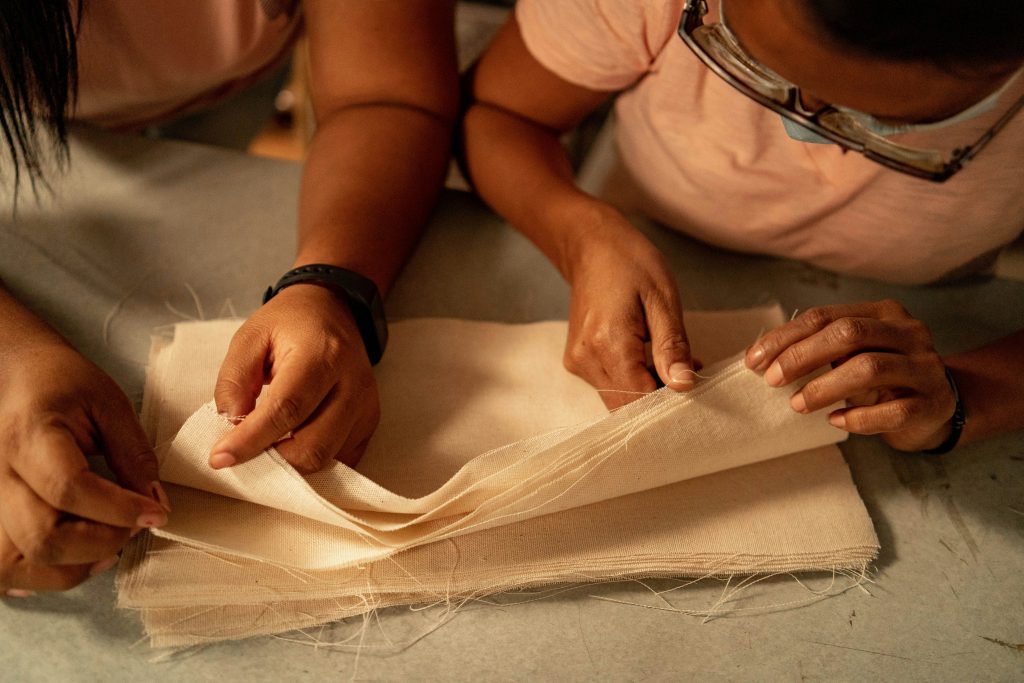Minnesota’s New Initiative Sparks Controversy and Support as Political Landscape Shifts
In a significant move towards promoting menstrual equity, Minnesota Governor Tim Walz has been thrust into the national spotlight following Vice President Kamala Harris's announcement of him as her running mate for the 2024 election. This decision has ignited a wave of reactions, particularly from supporters of former President Donald Trump, who have quickly labeled Walz with the nickname "Tampon Tim." This moniker, intended to mock, highlights a broader conversation about menstrual health and the legislative efforts aimed at ensuring access to necessary products for students.
The recent law passed in Minnesota mandates public schools to provide period products to all menstruating students in grades 4 through 12. This groundbreaking legislation is seen as a vital step towards addressing menstrual stigma and ensuring that all students have access to the products they need, free from embarrassment or financial burden. The requirement that these products be available in school bathrooms is a proactive measure aimed at fostering an inclusive environment for education, where no student is hindered by their natural bodily functions.
Interestingly, the backlash from political opponents has not overshadowed the bipartisan support this initiative has garnered across the nation. Advocates for menstrual equity, including women's health organizations and activists, have hailed the move as a progressive step that aligns with a growing recognition of the importance of menstrual health in schools. In an era where discussions around gender equality and health rights are becoming increasingly prevalent, the support for such initiatives reflects a changing political landscape where issues of health equity are gaining traction.
Despite the mockery from some right-wing circles, it is crucial to recognize that menstrual equity is a bipartisan concern. Many legislators from different political backgrounds have expressed their support for similar measures across various states, emphasizing that access to menstrual products is not just a women’s issue, but a public health issue that affects educational outcomes and overall well-being.
As the political discourse heats up ahead of the 2024 elections, the focus on menstrual health is likely to be a point of contention, serving as a striking example of how public policy intersects with personal health rights. The nickname "Tampon Tim" may serve as a rallying cry for those who oppose the initiative, but it also shines a light on the critical need for ongoing dialogue about menstruation, health equity, and the policies that govern them.
The discussions sparked by Walz’s appointment and the subsequent legislative efforts in Minnesota could pave the way for similar measures in other states. As more policymakers recognize the importance of accessible menstrual products, the stigma surrounding periods may continue to diminish, leading to healthier discussions and policies around women's health overall.
Ultimately, the controversy surrounding Governor Walz is emblematic of a larger cultural shift towards acknowledging and addressing the challenges faced by menstruators in the U.S. As the 2024 election approaches, it will be fascinating to see how this issue evolves and shapes political narratives and voter sentiments across the country.









